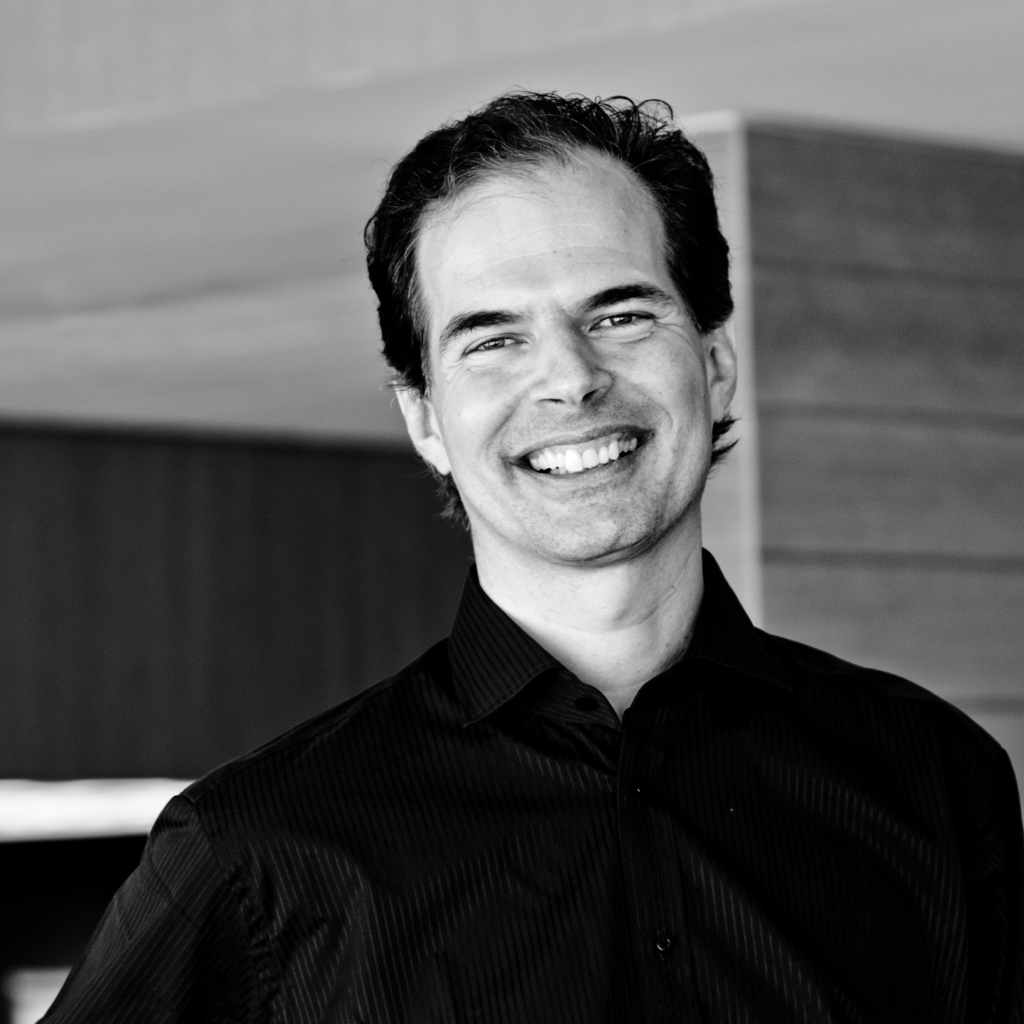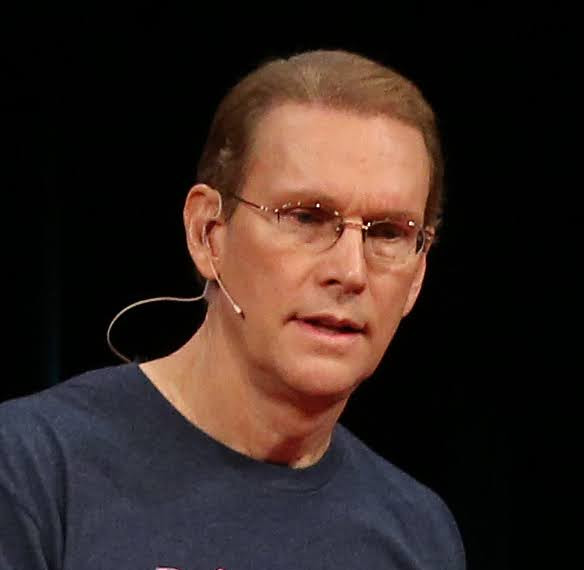AI Succession Salon: The Worthy Successor Debate
June 13, 2025 at Microsoft New England Research and Development Center (NERD) in Cambridge, MA

Are you curious/fascinated/worried/freaking out about the long-term impact of artificial superintelligence on the future and survival of the human species? You are not alone.
As artificial intelligence accelerates toward superhuman capabilities, a profound question looms: Should AI be a mere servant, a trusted partner, even a symbiote to humanity…or should it entirely displace us? And if it does displace us, will it prove to be a worthy successor? And beyond our own parochial concerns, the rapid rise of AI superintelligence has fundamental implications for the evolution and existence of intelligence on a cosmic scale, greatly narrowing the range of plausible solutions to the Fermi paradox (where is everybody?) Join us for this thought-provoking debate featuring leading voices in AI strategy, science, and philosophy.
Dinner and beverages provided by Tatte Bakery & Cafe.
Dan Faggella, founder of AI research company Emerj, renowned analyst of AI trends, outlined a framework for the defining characteristics of a potential worthy successor to humankind; and will offer a global perspective on how societies are preparing for, or resisting, the rise of AI.
Dr. Preston Estep, Chief Scientist at Mind First Foundation and CSO at Ruya AI, explored the scientific and evolutionary contours of machine intelligence, and contrast these with their biological analogs.
Brian M. Delaney, Chief Philosopher at Mind First Foundation, challenged the problematic ethical assumptions embedded in our hopes and fears for AI, with a focus on those human traits and biases which we may not want to carry forward.
This event invited participants to examine the ultimate stakes of AI development: not just what AI will do for humans, but what it should become relative to the human species.
Thanks to everyone who contributed to this high-stakes conversation about the future of identity, intelligence, and consciousness itself!
AI Safety Salon with Steve Omohundro
November 22, 2024 at Microsoft New England Research and Development Center (NERD)
The Mind First Foundation, with support from Astral Codex Ten Boston and Microsoft New England R&D Center hosted an enlightening conversation with Dr. Steve Omohundro, a pioneer of artificial intelligence and AI safety.
The event will began with an exclusive interview, exploring Dr. Omohundro’s groundbreaking early work in AI, with a special focus on his seminal contributions to modern fundamentals of AI safety theory and practice. Dr. Omohundro gave a presentation on his recent research, titled “Obtaining the Benefits of Powerful AI While Limiting the Risks.”
The conversation shifted to an analysis and panel discussion (featuring Dr. Omohundro, Dr Preston Estep, and Dan Faggella) expanding upon some of Steve’s foundational ideas in AI safety, with special focus on the emergence of superintelligent AI, and what that means for humanity.



This event was a must-attend for AI researchers, technologists, ethicists, and anyone interested in the future of artificial intelligence—which means everyone! Thanks to everyone who joined in this opportunity to hear from one of the foremost AI visionaries of the 21st century.
Location: Microsoft New England Research & Development Center, 1 Memorial Dr, Cambridge, MA 02142
Date/Time: Friday, November 22, 2024 from 5:30pm to 9:00pm
AI Lightning Talks – Biological Cognition, AI for Healthcare, and other topics
June 28, 2024 at Microsoft New England Research and Development Center (NERD)
“The future of AI and humanity: doom or boom?”
April 2, 2024 at Microsoft New England Research and Development Center (NERD)
Mind First Foundation participated in an event organized and moderated by Dan Elton and co-sponsored by AICamp and Boston Astral Codex Ten. Speakers were MFF founder and Chief Scientist Preston Estep, and Chief Philosophy Officer Brian Manning Delaney.
Dr. Preston Estep talk, 2008 Singularity Summit (short clip)
In 2008 Mind First Foundation founder and Chief Scientist Dr. Preston Estep gave a featured presentation at the Singularity Summit in San Jose, California. In the short clip from that presentation that is featured above, Dr. Estep proposes that future artificial intelligence (AI) will eventually achieve recursive self-improvement, which probably will be increasingly competitive with humans. He suggests that the best way to mitigate growing dangers of powerful AI will be to control it through human-AI merger. At that time, he suggested that brain-computer interface (BCI) technologies were our best bet, and that we should focus on designing and producing better BCI. Since that time, many others have similarly advocated for this approach, most notably Elon Musk, which he is attempting to achieve through his BCI company, Neuralink. However, Dr. Estep’s thinking has changed in two notable ways. First, his recent research (submitted for publication) indicates that advanced AIs might not be as directly competitive with humans as he previously assumed. Second, given this newfound perspective, he has come to more fully appreciate Irving Good’s suggestion that the first ultraintelligent (a.k.a. superintelligent) AI is the last invention that humanity “need ever make provided that the machine is docile enough to tell us how to keep it under control.”* Thus, humanity should retain the priority of creating better human-AI interface technologies, but rather than simply creating these technologies, we should focus on creating the best possible AIs for a range of purposes, including the design of increasingly powerful interface technologies.
*Good, I. J. (1966). Speculations concerning the first ultraintelligent machine. In Advances in computers (Vol. 6, pp. 31–88). Elsevier.
